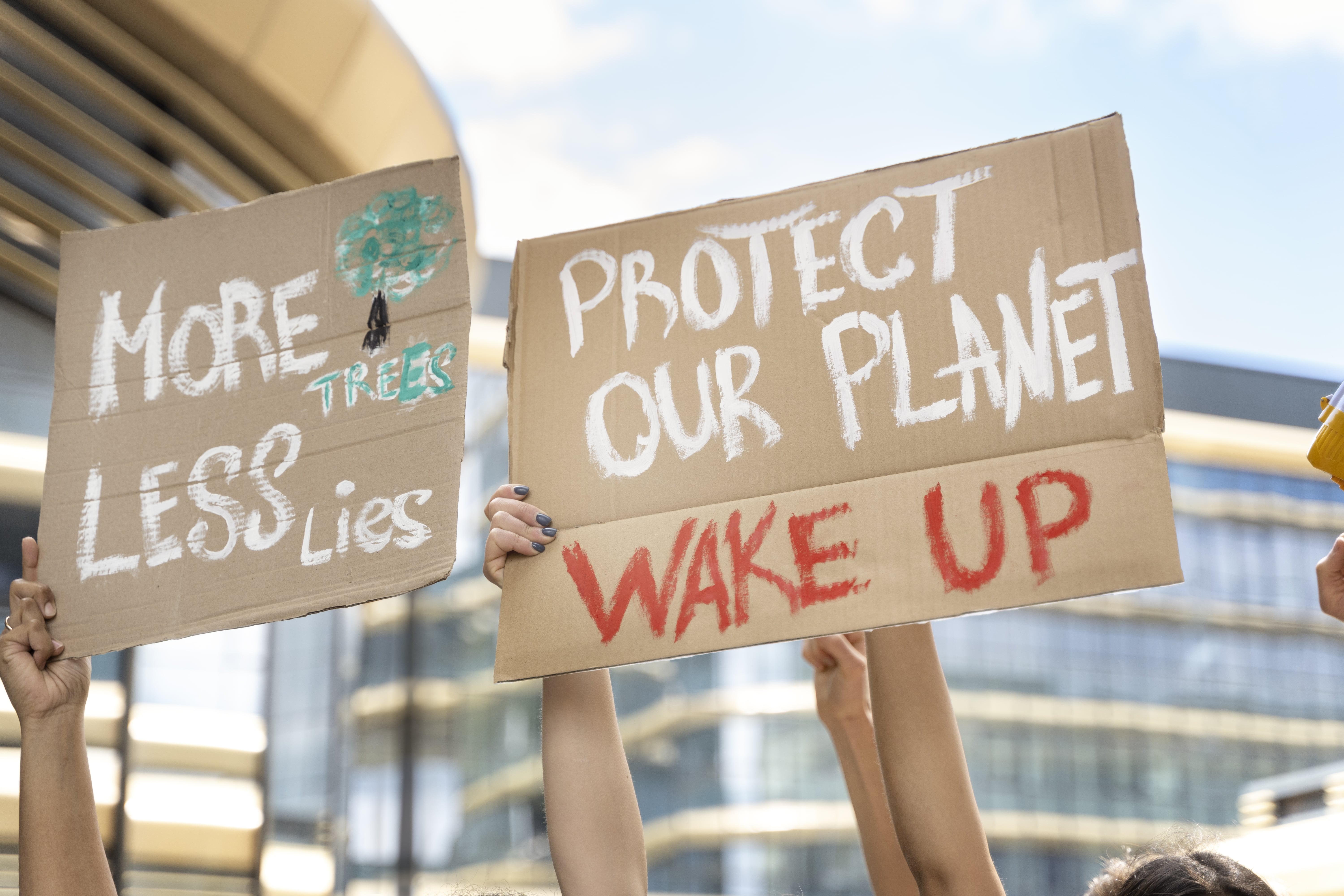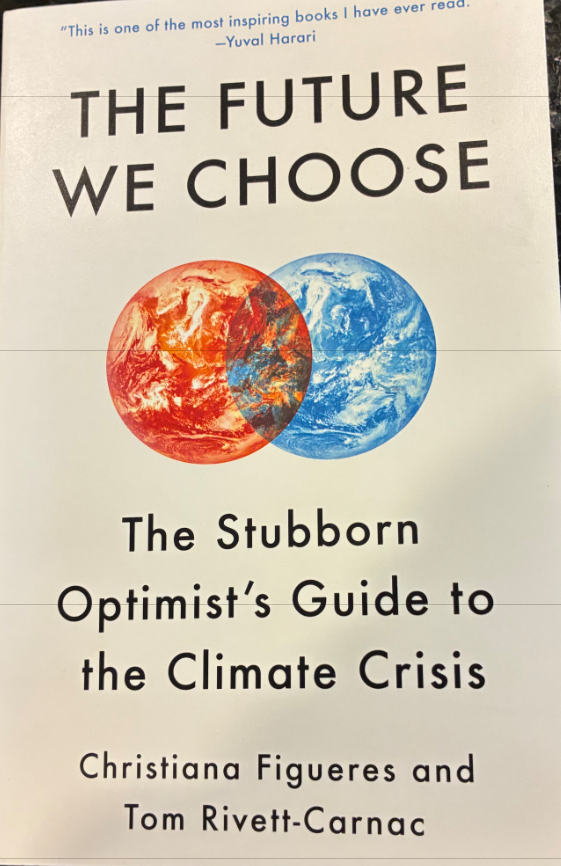Commentary
Crisis and Opportunity

Editor’s note: This is one in a continuing series of guest opinions about fostering environmental stewardship. This previous column highlights the reality of today’s global extreme temperatures and wildfires in the wake of climate change. The series is coordinated by ACES, the Alliance of Climate and Environmental Stewards.
A researcher puts a frog into a pot of boiling water and it hops right out. But if she drops that frog into a pot of tepid water and gradually raises the heat, the frog will stay put until it’s too late.
While factually dubious, the story is a metaphor for how we tend to deal with threatening change. An immediate, pervasive threat, like the coronavirus, grabs our attention, compelling us to respond, while an equally global, dire danger like the ecological crisis is something we feel we can put on the “back burner.”
Of course, for the present our focus needs to be on keeping everyone safe by following best practices. We keep informed, listen to CDC guidelines and comply with sensible government directives. and in navigating our way through coronavirus, we may discover connections that can help us change the course of global warming.
Extinction Rebellion (XR), an international movement to safeguard life on earth, draws parallels, noting “Both [the coronavirus and ecological crisis] reveal our global interconnectedness and vulnerability. Both require truth telling and cooperation to reduce suffering and save lives.” XR’s foundational demands and principles point to these areas of intersection.
In times of a national emergency, we need facts. Only then can we break through the fog of denial that permeates human nature. We saw this as most countries initially downplayed the contagion but soon came to their senses.
Monica Maggioni, journalist and executive with Italian Public Television, explained, “For many Italians, the normal warnings about this virus were simply not enough to change behavior. Denial comes too easily, perhaps. It was more convenient to … pretend that the news was unreal.”
How similar this sounds to our approach to global warming! When wildfires, floods, droughts and food scarcities happen elsewhere, it’s too easy to see them as unrelated misfortunes that do not impact us. When our government and media treat them the same way, our potential to respond remains untapped. But temperatures continue to rise, ice caps continue to melt and species continue to go extinct.
The scientific community has convinced us to face coronavirus even when we are not sick. We are taking their advice to slow down the rate of infection. This is not so with global warming.
For decades, our governments have ignored scientists’ warnings that we are tumbling toward an uninhabitable planet. Just as with COVID-19, we need to heed the science, tell the truth and act now.
Only then can we mobilize the resources to turn away from fossil fuels, and to develop sustainable, cost-effective energy sources. The good news is that solutions already exist; they have been developed by applied scientists and entrepreneurs around the world. The way lies before us. We need only the will to act.
The twin emergencies of pandemic and global warming remind us that life is precarious and precious. If we plow through in emergency mode, we risk forgetting what it is we defend. Extinction Rebellion urges us toward a regenerative culture, which is “healthy, resilient and adaptable,” caring for the planet and for life, reminding us of what we value.
We can emerge from the coronavirus crisis even stronger than before. The invitation then will be to apply the lessons learned to tackle the climate crisis. Let’s not be like those frogs waiting until it’s too late to act.
For more on Extinction Rebellion, go to xrmass.org. Nancy Ledoux can be contacted at nancyledoux@comcast.net.
.svg)





